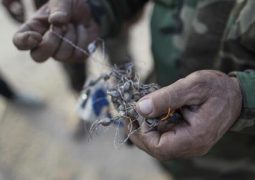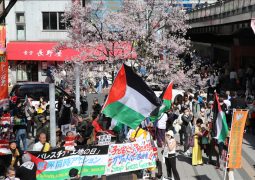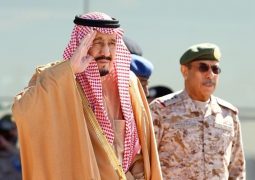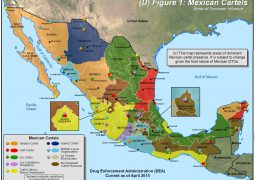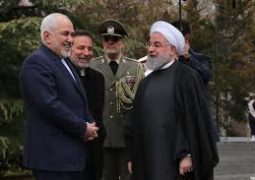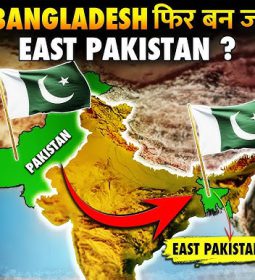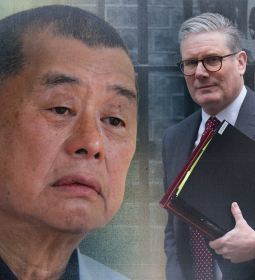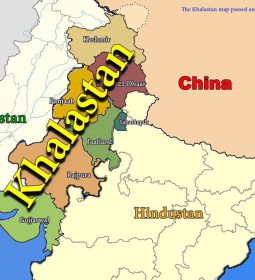Is Syria’s military back in the driving seat? Any doubts remain!
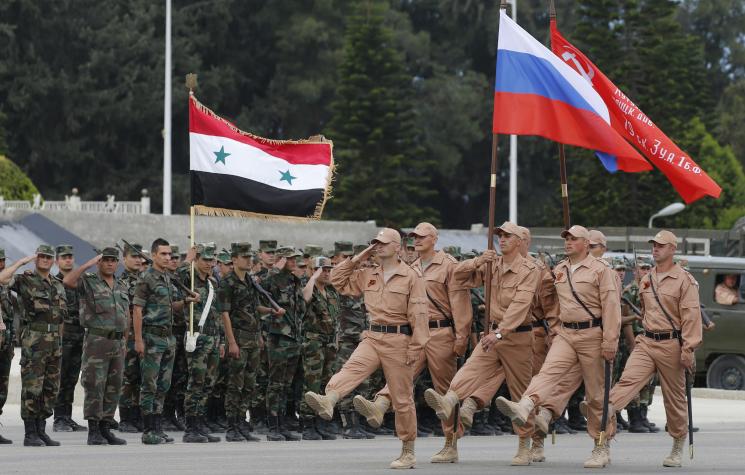
Kamal Alam
02/10/2019
Russia and the US do not agree on much these days, but one thing that has emerged over the past year is a tacit agreement to strengthen the Syrian military so that it can recover its pre-war standing, edge out Iran-backed militias and reduce the Turkish presence in border areas.
This is a turnaround from the beginning of the war, when the US aimed to dislodge Syrian President Bashar al-Assad and his army.
At the same time, the recent Ankara summit among the leaders of Turkey, Russia and Iran showed the Russian view is prevailing. With Tehran and Ankara both embroiled in their own problems, Moscow’s attempt to make the Syrian state central to the conflict’s endgame has emerged as the defining theme of the Astana process.
Military dominance
In Professor David Lesch’s book The New Lion of Damascus, Assad gives a series of exclusive interviews, in which he recounts the multiple coups that dominated the Syrian state after its independence from France. The overarching theme was military dominance. His father, late president Hafez al-Assad, the former air force head and then defence minister, came to power and ended the coups once and for all.
Journalist Patrick Sealehas chronicled the transformation of the Syrian military from an “unashamedly political instrument” under Adib Shishakli (who ruled from 1949 to 1954) to an “apolitical” one under Hafez al-Assad.
When Hafez al-Assad was gravely ill during the 1980s and his brother tried to stage a coup, the predominantly Sunni army officers came to the president’s defence.
It has taken several years for the Syrian military to reassert itself, at the cost of Iran
This brings us to the current conflict. Several years after the civil war erupted in 2011, suggested that the Syrian military would not fall, with a strong Sunni loyalist core ensuring its resilience.
A key element that led to its resurgence after Russia began intervening in 2015 was the fact that a secular military was not comfortable with the presence of overtly sectarian Iranian militia fighters on the battlefield.
A report from the Royal United Services Institute, published in 2016, found that the Syrian military elite and its old families preferred the Russian way of war to that of the Iranians. This has been a key factor heralding Washington’s acceptance of a strengthened Syrian military backed by Russia.
Clamping down on corruption
As the army rebuilds, it is also having a major impact on other branches of the state. In recent months, Bashar al-Assad has shown a will to reign in not just armed groups, but those profiteering from the black market, including his own family. A number of conferences have been held at Damascus University by the British Syrian Society tacklingcorruption.
One thing has become clear: as Damascus regains its confidence, along with territory, the military and the state says it will clamp down not just on armed groups, but also on the rampant corruption that comes with them – and it now has the direct backing of Russia and the indirect backing of the US.
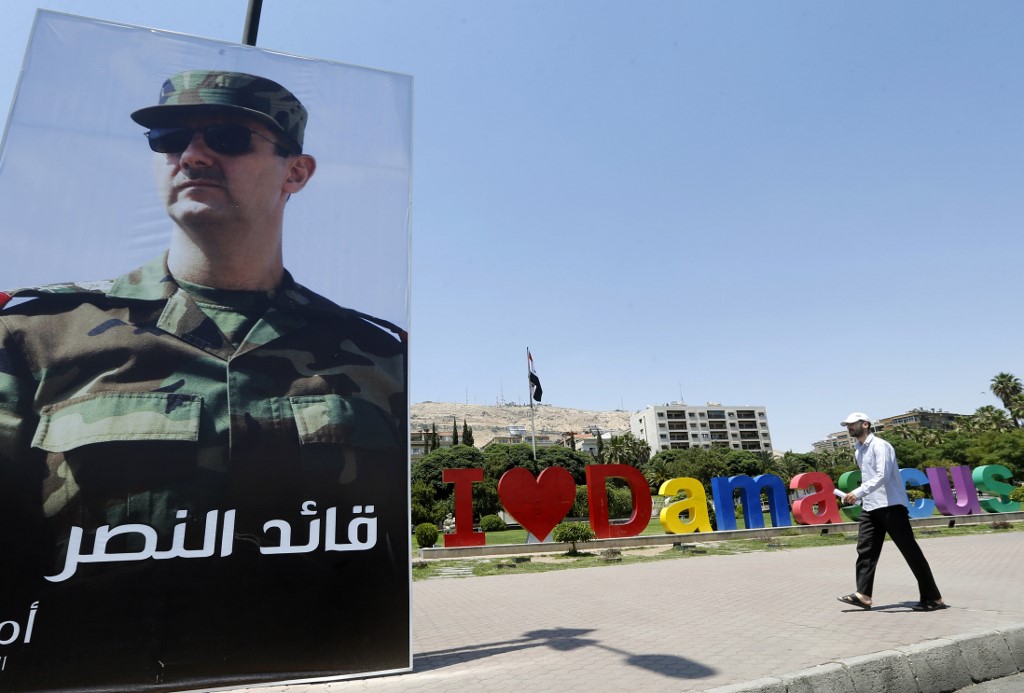
Danny Makki, a journalist who has embedded with the Syrian army and served as a key interlocutor between the military and Western analysts, told me that the Syrian army has undergone a gradual process of restructuring, with Russian support.
The Tiger force, elite militia which surfaced in the war during the battles of Hama, Aleppo and eastern Homs, has been renamed and placed under the control of the army’s central command.
The Russians are also bringing back the command-and-control doctrine that existed before the war, as the intensity of the conflict winds down.
The National Defence Forces, a pro-government militia, has been severely curtailed and may soon disappear or come under the auspices of regular units. With no room for convergence between any Syrian armed group and Iran, everything is coming back under the direct control of the Syrian military.
Empowering the state
At the same time, with the approval of Assad, and according to sources in Damascus, the Russians have removed any officer deemed a threat to the stability of the Syrian forces and the central government. “The Syrian government and the majority of the Syrian people are dependent on the army for survival,” noted
Shoaib Bajwa the CEO of CTD Advisors, a leading UK-based political and corporate intelligence firm.
The strategy is clear: to reduce the influence of Iran and boost the presence of the Syrian military. As the military recovers and gains ground, the state is automatically empowered.
At the moment, both the Russians and Americans have agreed that as long as Iran’s influence is diminished in Damascus, the Syrian president and the military can slowly be reintegrated into the regional community – and potentially rehabilitated internationally as well, given that more EU states are considering opening embassies in Damascus.
It has taken several years for the Syrian military to reassert itself, at the cost of Iran. Unlike Lebanon, Syria has always had a strong central state, as did Iraq before the US invasion, where Iranian-backed militia have put down roots – but the Lebanese and Iraqi models cannot be repeated in Syria.
The views expressed in this article belong to the author and do not necessarily reflect the editorial policy of Middle East Eye.
- Previous Erdogan accuses Khashoggi’s killers of enjoying ‘impunity’ in Washington Post column
- Next Kashmir unrest spreads to Ladakh, the mountainous region on the Chinese border




